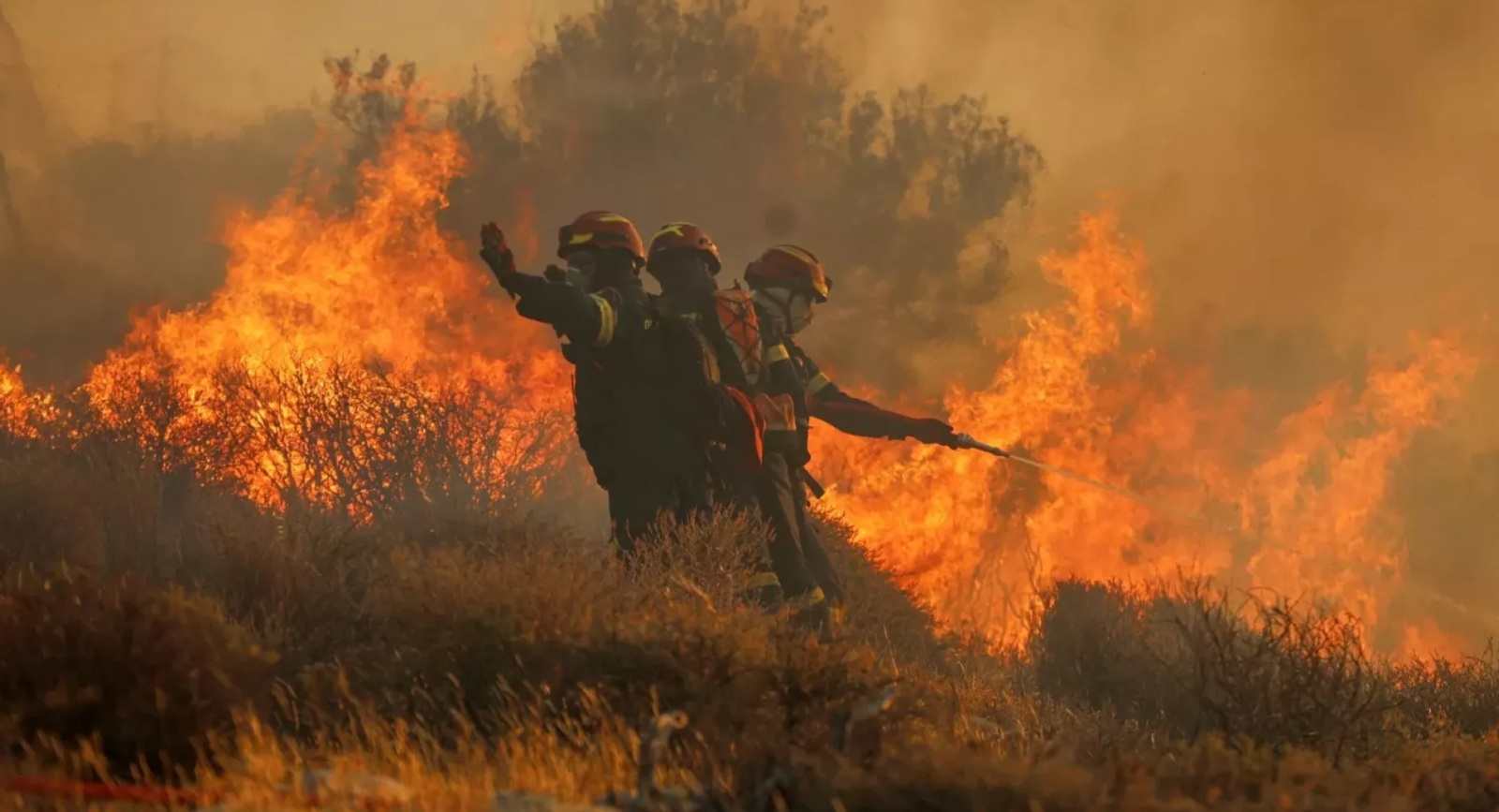
According to data from the European Forest Fire Information System (EFFIS), over 231,000 hectares of land had been scorched across EU countries as of 15 July—more than double the long-term average for this time of year. The weekly number of recorded fires has also surged, standing at 1,230 incidents, compared to an average of just 478.
"This year is shaping up to be fairly extreme," says Sarah Carter, research associate at Global Forest Watch. "We're seeing the cumulative impact of back-to-back record-breaking years for global temperatures—2023 and 2024 were both the hottest on record—and we're feeling the consequences now."
Wildfires Rage Across the Continent
From Turkey to France and Greece, wildfires have left a trail of destruction in recent weeks. Tens of thousands of people have been forced to evacuate their homes. Fires triggered lockdowns in Catalonia, drove mass evacuations from Crete, and caused serious disruption near Marseille. At least three people have lost their lives in Turkey alone.
In Romania, more than 123,000 hectares have burned so far in 2025—five times the country's annual average. Early-season fires in February and March, fuelled by unseasonably dry and warm conditions, drove a major spike in both area burned and carbon emissions.
Turkey's wildfires in late June and early July have also shattered records. According to Copernicus Atmosphere Monitoring Service (CAMS), fire-related emissions in Turkey are now the highest recorded in over two decades—double the average for this time of year.
In the UK, emissions have already hit their highest level in 22 years, driven by large-scale fires in Scotland. Meanwhile, southern Europe continues to experience the most severe impacts, with Greece, Spain, and Portugal suffering extensive forest loss from repeated fire seasons.
A Vicious Cycle Fueled by the Climate Crisis
Scientists say that as greenhouse gas emissions warm the planet, fire seasons are starting earlier, lasting longer, and becoming more intense. The extended dry spells and extreme heat dry out vegetation, creating ideal conditions for fast-spreading blazes.
"Fire seasons are no longer confined to just a few peak months," Carter explains. "As summers grow longer and hotter, we're seeing wildfire risk expand on both ends of the season."
So far in 2025, wildfires across the EU are estimated to have emitted 1.9 megatonnes of carbon, according to CAMS. These emissions feed into a feedback loop, where more fires release more carbon, worsening the climate crisis and increasing the frequency and intensity of future fires.
Adapting to a New Fire Reality
While some regions in northern Europe remain relatively resilient to wildfires, countries in the south face increasing threats to forests, homes, infrastructure, and public health. In 2023, just 3% of Europe's total tree cover loss was due to fires—but that figure is significantly higher in the Mediterranean, where wildfires have devastated forests in recent years.
Forest experts stress the importance of better land management to reduce future risks. This includes diversifying forest vegetation, avoiding highly flammable tree species like eucalyptus, and improving soil moisture retention. Strategic fire breaks and early warning systems are also key to limiting damage and saving lives.
Still, Carter warns that some fires may now be beyond control. "We're reaching a point where, due to the combination of heat, drought, and wind, certain fires simply can't be fought," she says.
As the heat builds, so too does the urgency. "We don't expect anything different from business as usual this summer," Carter adds. "People must prepare for worsening air quality, threats to homes and businesses, and risks to tourism in southern Europe."